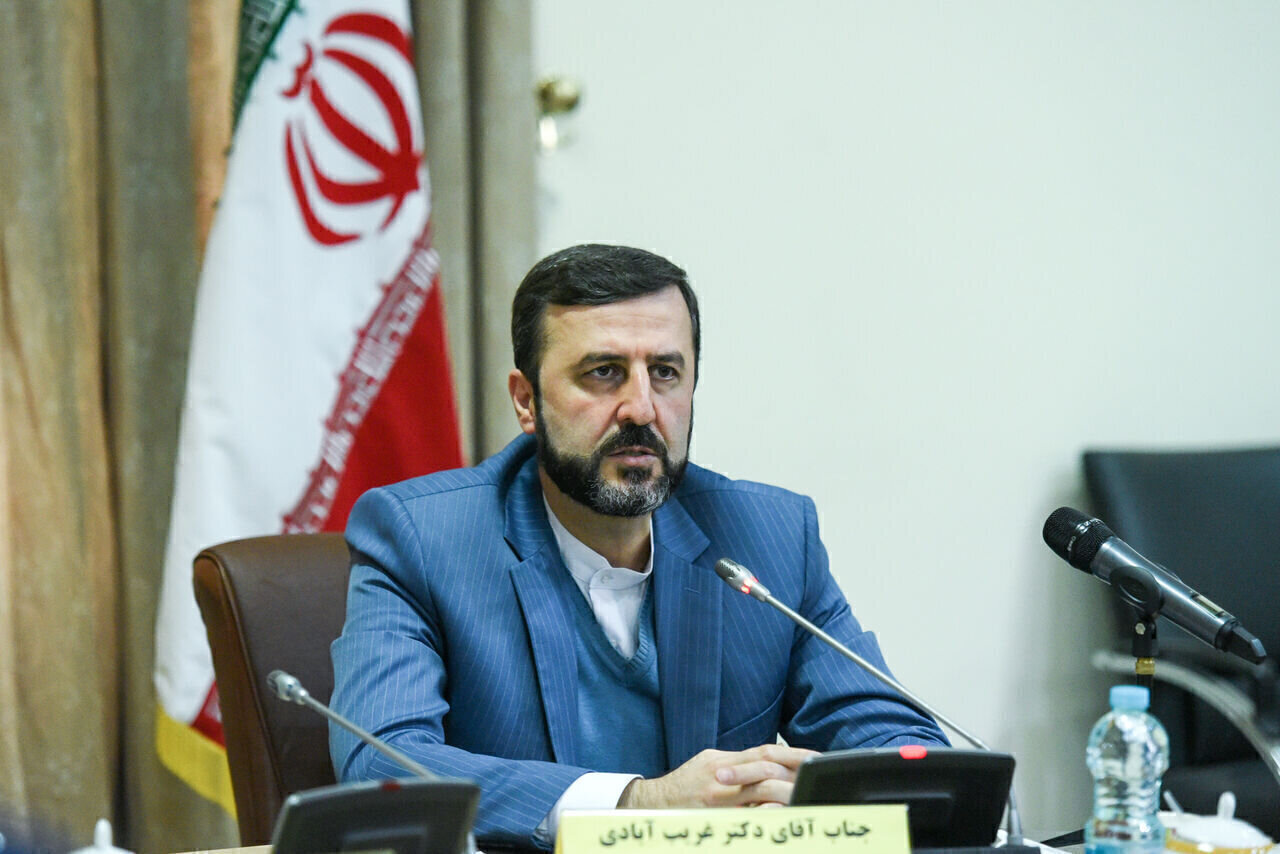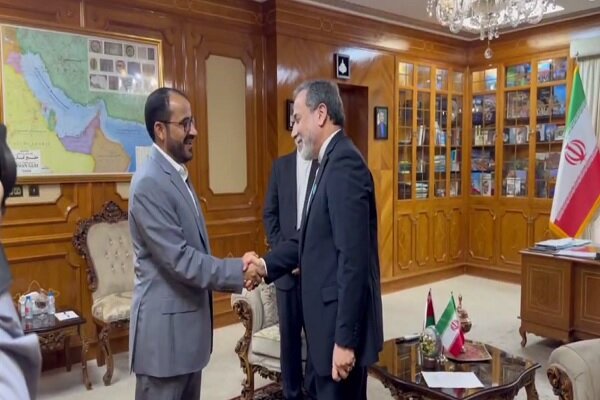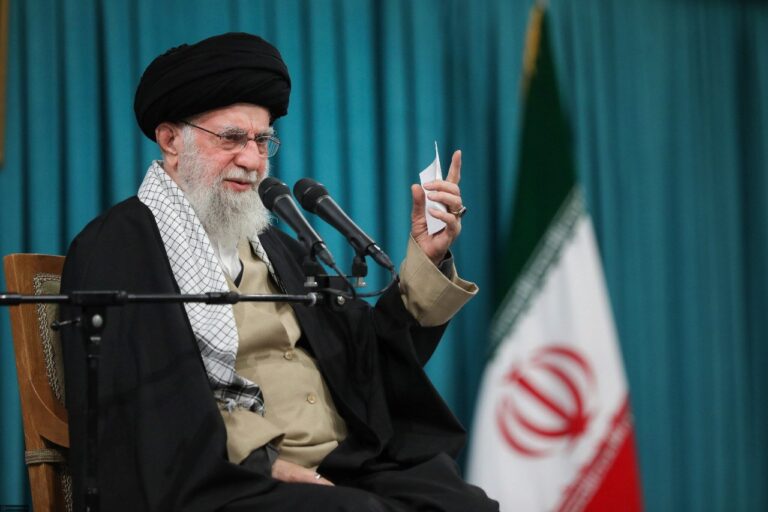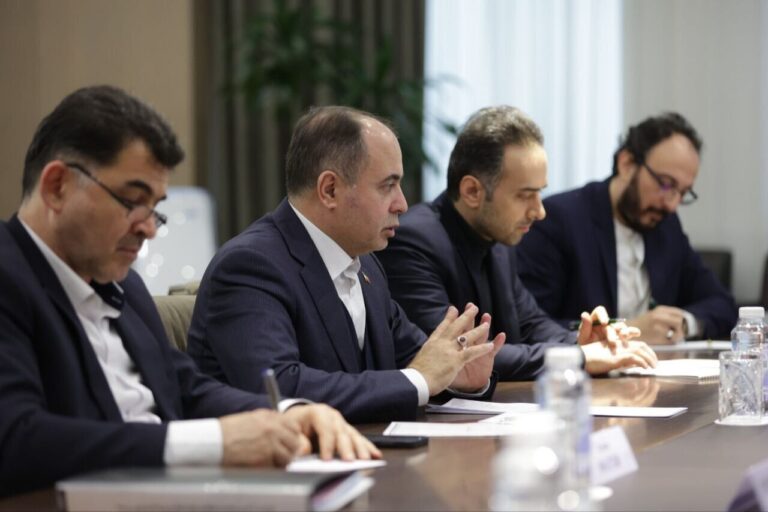Iran Takes a Stand: Files UNSC Complaint Against Trump’s Threats
In a recent announcement, Kazem Gharibabadi highlighted the Iranian government’s stance following remarks made by former President Donald Trump. This comes in the wake of significant public demonstrations in Iran, marking the anniversary of the 1979 Islamic Revolution. The developments underscore the ongoing tensions between Iran and the United States, particularly concerning national security and international relations.
Gharibabadi’s statement, shared via an X post on Tuesday, follows Trump’s comments suggesting that he would prefer negotiating with Iran rather than resorting to military action. Trump stated, “They don’t want to die. Nobody wants to die.” This remark was made shortly before the Iranian public participated in a large-scale march on Monday, commemorating the revolution’s victory.
According to Press TV, Gharibabadi interpreted the massive turnout as a robust response to Trump’s recent threats. He emphasized that:
- “Iran will resolutely protect its security and national interests.”
- The Iranian government plans to “legally pursue” Trump’s statements that contradict international law and the UN Charter.
- A letter of protest will be filed and registered as an official UN Security Council document.
Trump’s warnings follow his recent executive order aimed at reducing Iran’s oil exports to zero. Despite this, he has expressed a desire to negotiate a nuclear deal with the country. This directive is part of a broader sanctions strategy that was reinstated after Trump unilaterally exited the 2015 Joint Comprehensive Plan of Action (JCPOA) in 2018.
In light of Trump’s remarks, Iranian President Masoud Pezeshkian also weighed in. He stated, “The country does not seek war… but will not yield to foreign pressure.” This assertion reiterates Iran’s commitment to its national sovereignty in the face of external threats.
Pezeshkian further criticized the contradictory nature of Trump’s approach, noting the inconsistency in advocating for dialogue while simultaneously intensifying the “maximum pressure” campaign against Iran. He remarked:
- “Trump says let’s have a dialogue, and then … he signs and announces all possible conspiracies to bring the [Islamic] Revolution to its knees.”
The latest developments illustrate the complex dynamics at play between the United States and Iran. The Iranian leadership’s response highlights their determination to uphold national interests despite external pressures. As the situation evolves, the international community watches closely, particularly regarding potential diplomatic engagements or further escalations in tensions.
In summary, the Iranian government’s strong reaction to Trump’s remarks signals a commitment to defending its sovereignty and national interests. The large-scale demonstrations in Iran serve as a reminder of the public’s support for the government’s stance amid ongoing geopolitical challenges. The outcome of these tensions will likely shape future interactions between Iran and the international community, particularly with the United States.
As the situation develops, it is essential to monitor how both nations navigate their complex relationship and the potential implications for regional stability and international diplomatic efforts.






